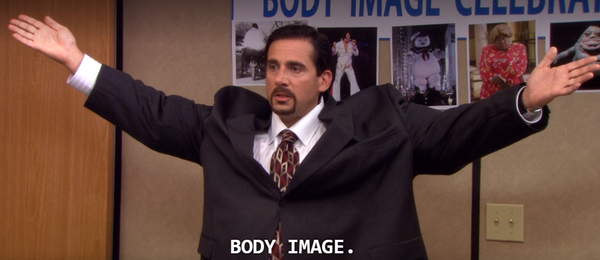It can be a lazy Saturday morning, an open-ended evening, or the middle of the afternoon after you finish a work shift. You don’t have anything that has to get done. None of your friends have made plans. So, what are you going to do?
If you had asked me this question a little while ago, I would have shrugged and replied, “Probably watch a few episodes on Netflix.” It’s always fun to have something to look forward to, especially when life seems so plodding. A good show definitely helps to break up the monotony. Plus, when the TV is on, I get to take a hiatus from reality. Is that so bad?
I hesitate to answer this last question because I don’t want everyone to feel targeted. Many of us have found a show that we love and follow. For this reason, I find it even more crucial to address the situation at hand: the need we have for our Netflix shows.
If anyone would have ever told me that I had begun to need Gilmore Girls, I would have called them crazy. It was not until I began asking myself the following questions that I realized the hold that Netflix actually had on me:
1. Have daily events ever paled in comparison to the anticipation I have towards watching my show?
2. Has my show become a part of my daily routine?
3. If I had nothing to do on a given day, would one of my first inclinations be to watch at least one or more episodes of my show?
After answering “yes” to all of these questions, I began to consider how much time I was freely giving away. What challenged me further was realizing that those countless hours in front of my show were, in truth, a meaningless investment. The show could not give me anything of substance in return. In the meantime, while I gained nothing from the show, I was giving everything to it. I gave my emotions-which were daily engaged in the lives of other characters rather than the characters in my own life-and I gave my mind, which was losing the opportunity to grow and develop as it passively absorbed the sensations of characters and plots.
TV captivates our minds and our hearts. It removes us from engaging in mental and spiritual challenges embedded in each moment of our daily living. The touchiest part about all of this business is that I have no doubt most of us have already realized these realities on our own. What we each have to decide, then, is whether we want to implement strategies that will curve the habitual hankering for television.
Renowned philosopher and writer C.S. Lewis writes the following: “We all want progress, but if you're on the wrong road, progress means doing an about-turn and walking back to the right road; in that case, the man who turns back soonest is the most progressive” (The Case for Christianity). Recognizing a tendency to turn to TV should not make us feel powerless. Instead, we should be thankful that we have caught ourselves and can turn back at any point. In a society that so highly prizes progress, I think it is time that we ask ourselves what progress really looks like in our own lives. And if we have wandered away from good things, is it finally time to turn ourselves back to the right road?



















